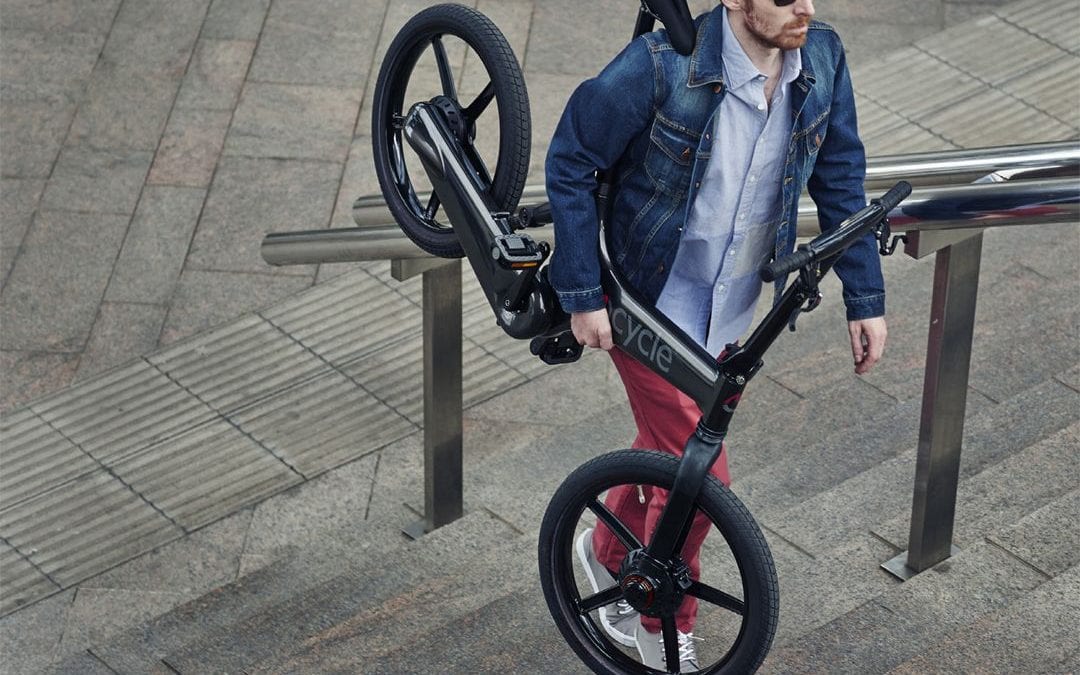Are electric bikes allowed everywhere that traditional bikes are allowed? Are they even legal? What are some of the laws that govern e-bikes?
Electric Bikes have the same rules and regulations as standard bicycles and are not subject to registration, licensing, or insurance requirement that apply to motor vehicles. In August of 2017, Colorado passed legislation around ebikes that many states are now starting to adopt. The law creates three different classes for electric bikes:
- Class 1 is a Bicycle equipped with a motor that provides assistance only when the rider is pedaling, and that ceases to provide assistance when the e-bike reaches 20 mph.
- Class 2 is a Bicycle equipped with a throttle-actuated motor, and that ceases to provide assistance when the e-bike reaches 20 mph
- Class 3 is a Bicycle equipped with a motor that provides assistance only when the rider is pedaling, and that ceases to provide assistance when the e-bike reaches 28 mph.
According to Colorado state law class 1 and 2 bicycles are allowed on bike and pedestrian paths where standard bikes are already allowed. However local authorities are allowed to prohibit e-bikes on trails within their jurisdiction. Class 3 bikes are prohibited on bike paths and may only be ridden on the road, or on designated bike lanes on the road. E-bikes are allowed in all 42 Colorado state parks where bikes are already permitted. On Federal lands e-bikes are considered motorized vehicles and have access to motorized trails. This makes a complicated law for those looking to do e-mountain biking. At GoodTurn Cycles, we always recommend checking with the forest service before taking an e-bike on mountain trails.
Something else to be aware of are the restrictions for who can operate class three bikes. According to Colorado state you must be at least 16 to operate a class 3 bike and a helmet is required if you are under 18 years old.

